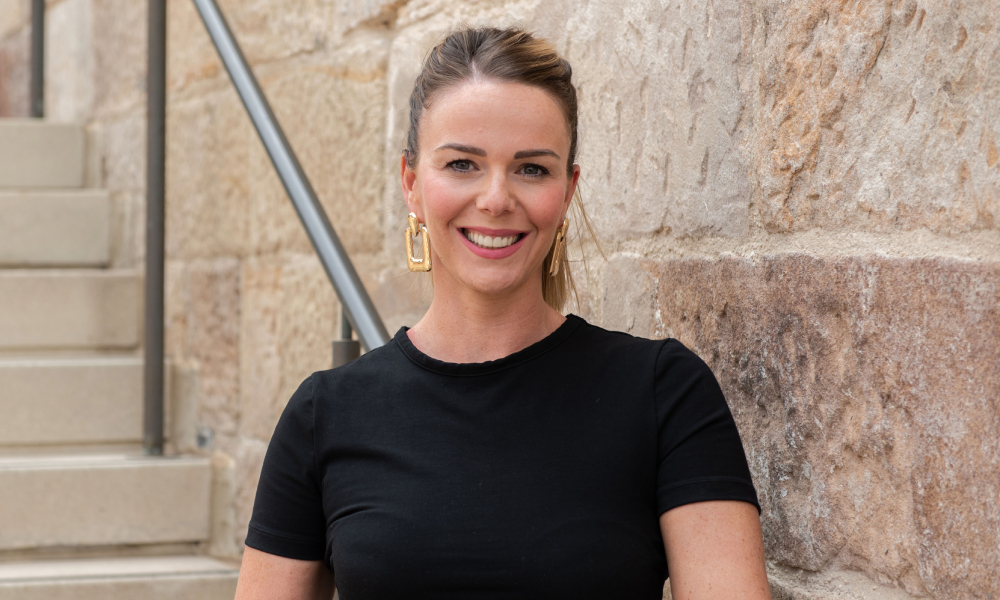
SiteMinder CPO talks about overcoming Zoom fatigue after the rise of virtual

Culture – it’s one of the biggest areas of concern in the shift to a virtual workforce. How do you maintain great culture when your people are dispersed? How do you instil your culture in new hires?
It’s well established that culture is intrinsically linked to business success. It is the cornerstone for things like compliance, wellbeing, work/life balance and employee engagement. As Richard Branson famously said: “Take care of your employees and they will take care of your business.”
It's also the reason virtual working has some HRDs worried. Will culture crumble if remote working continues long-term?
HRD spoke Dionne Niven, chief people officer at software company SiteMinder, about how they’re striving to put culture and connection front and centre.
“From an HR perspective, we had to really reimagine how we work and how we build culture,” she said. “For us, the strongest part is that it's about our people and it's about the relationships that our people have with their colleagues. We realised that in order to continue our culture and build our culture, we have to make sure that we can maintain those connections.”
Read more: Culture is key to surviving COVID cuts
Like most companies, virtual events were how SiteMinder kept their people connected during the early months of the pandemic. Zoom quizzes and virtual happy hours replaced physical meet-ups. But then, Niven said, they noticed Zoom fatigue kicking in.
“What we found is that our teams were starting to collaborate themselves, either within their own teams or groups of people who have a common interest,” she said. “We’ve got poker clubs, gaming clubs, and all those types of things have sparked up on a virtual basis.”
Now physical distancing has eased, at least in Australia, the company has launched a new culture initiative – Social SiteMinder. It gives team leaders $100 per quarter to create their own social committee and organise events, whether virtual or in person. Niven said they’ve seen far higher engagement when social events are organised within teams or interest groups, rather than trickling through the company as an HR-led initiative.
By handing over autonomy and resources to team leaders, it’s also given managers a chance to reconnect with their people on a social level. Team leaders are encouraged to let their employees take the lead on what the activities are, building a sense of excitement and engagement from the ground-up.
Going forward, SiteMinder is implementing three different types of flexibility to suit employee needs. The new policy, called Open Working, gives employees the option of being office based, mobile working (a blend of home and office) and being remote, where they may come into the office as little as once a quarter or once a year, depending on the nature of their role.
Read more: UKG's chief people officer: Building a culture through COVID-19
Mobile working has been the most popular option for their people and that blended way of working will play a big role in how they continue to build culture in the future. While SiteMinder was already utilising virtual working pre-pandemic with colleagues and teams based in different countries, Niven said the pandemic has made them more sensitive to the inequity that can exist between remote and in-person employees.
“We’ve added some structure, for example if there's any more than five people in the meeting room, then everyone should be virtual,” she said. “We want it to be an even playing field so everyone's got the same opportunity to chat, doesn’t miss things, and doesn't feel isolated or different.”